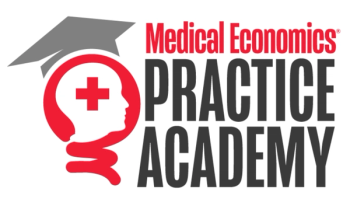
Medical Economics Practice Academy 2025 offers physicians and practice managers expert strategies on reimbursement, staff retention, cybersecurity and technology-driven practice growth.

Austin Littrell is associate editor of Medical Economics.

Medical Economics Practice Academy 2025 offers physicians and practice managers expert strategies on reimbursement, staff retention, cybersecurity and technology-driven practice growth.

FDA greenlights NANOCLAMP AF trial of nanosecond pulsed field ablation technology, enrolling patients across the U.S. and Europe.

Accountable care organizations boosted Medicare’s bottom line and improved patient outcomes in 2024, with physician-led groups reporting the strongest results.
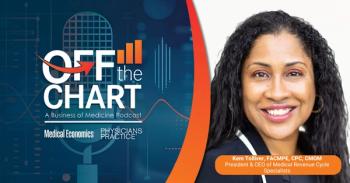
Kem Tolliver, FACMPE, CPC, CMOM, president and CEO of Medical Revenue Cycle Specialists, joins the show with some keys to successful leadership in health care.
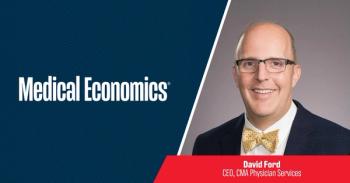
The California Medical Association launches MedWay, a new administrative management service for independent medical practices.


The California Medical Association launches MedWay, a new administrative management service for independent medical practices.


From hidden costs to HIPAA compliance, here’s what small practices should consider before choosing an AI EHR, scheduling or telehealth tool.

New analysis argues that Medicare’s payment system undervalues cognitive effort in primary care, contributing to physician shortages and reduced patient access.
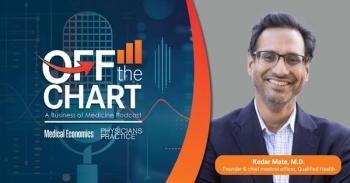
Kedar Mate, M.D., founder and chief medical officer of Qualified Health, joins the show to talk about AI safety and governance in health care.

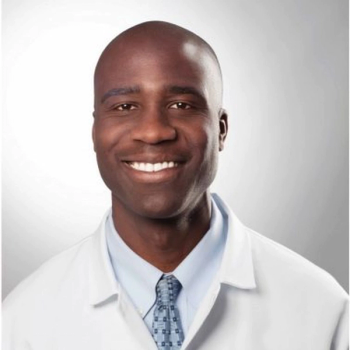
Florida surgeon general says school immunization rules will be scrapped; some changes would need lawmakers’ approval as pediatric leaders warn of outbreak risks. Medical groups speak out in opposition to the move.

SullivanCotter survey shows faster wage growth for frontline roles as systems juggle costs and retention.

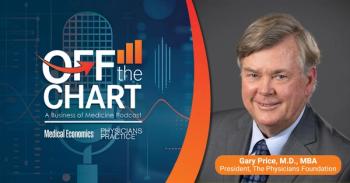
Gary Price, M.D., MBA, joins the show to discuss health equity, medical misinformation and The Physicians Foundation's latest report.

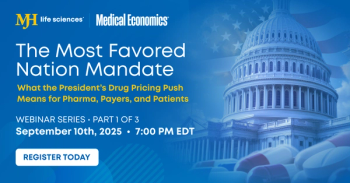
A three-part webinar series, starting on Sept. 10, will bring together legal, policy and industry leaders to dissect the high-stakes implications of the MFN initiative for pharma, payers and patients.

Medical Economics Practice Academy 2025 offers physicians and practice managers expert strategies on reimbursement, staff retention, cybersecurity and technology-driven practice growth.


Study calls for stronger coordination between oncology and primary care to improve outcomes for survivors.


Analysis of more than 17,000 privately insured adults finds significant declines in out-of-pocket costs, but no relief from high premiums or medical debt.

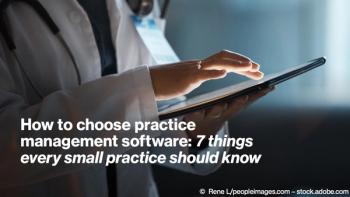
From usability to integration, these key considerations can help you avoid costly mistakes.

Survey finds 95% of health care providers globally worried about flu, RSV and COVID-19, with misinformation fueling vaccine hesitancy.


Drexel University research shows simple changes could make primary care visits more welcoming and less stressful for patients.

Anders Gilberg, SVP of government affairs at MGMA, joins the show with health policy updates from Washington.

Anders Gilberg, SVP of government affairs at MGMA, joins the show with health policy updates from Washington.